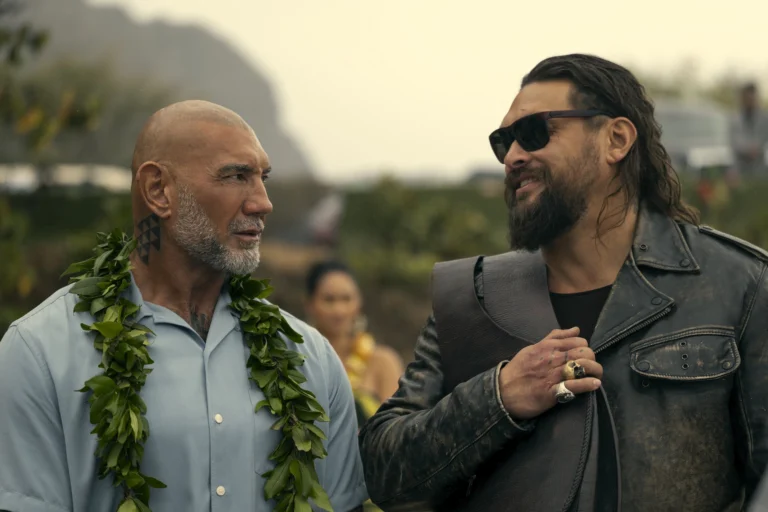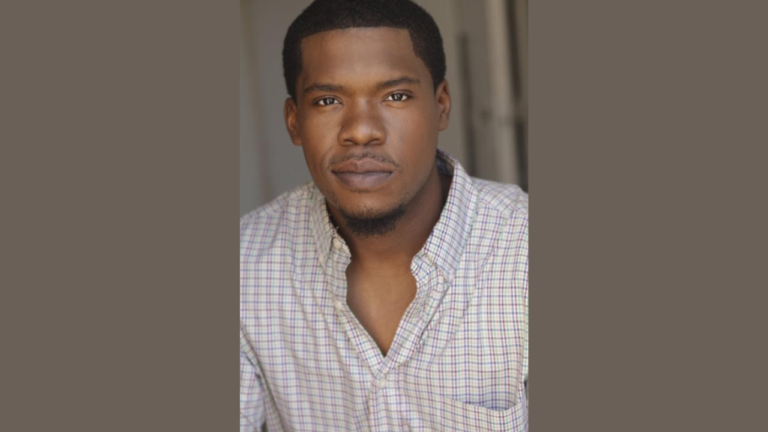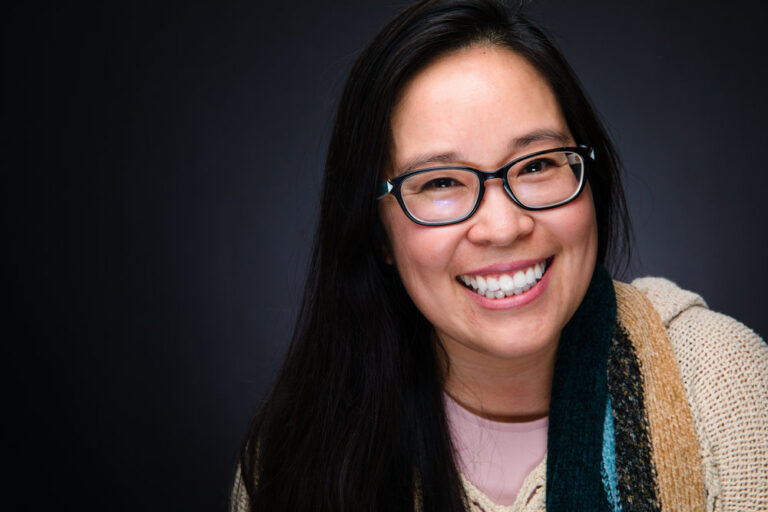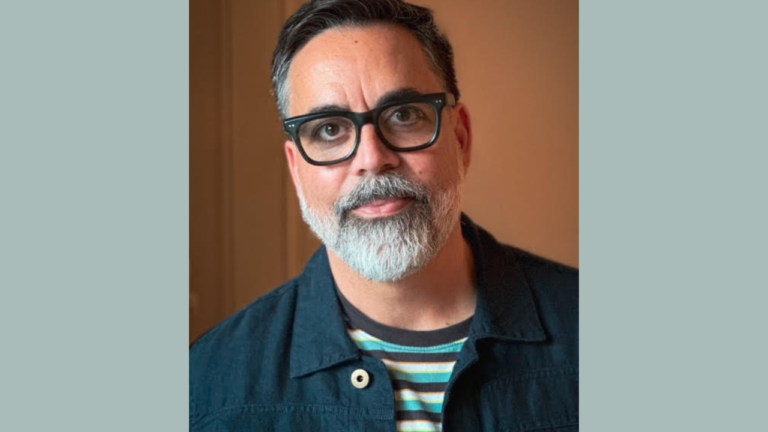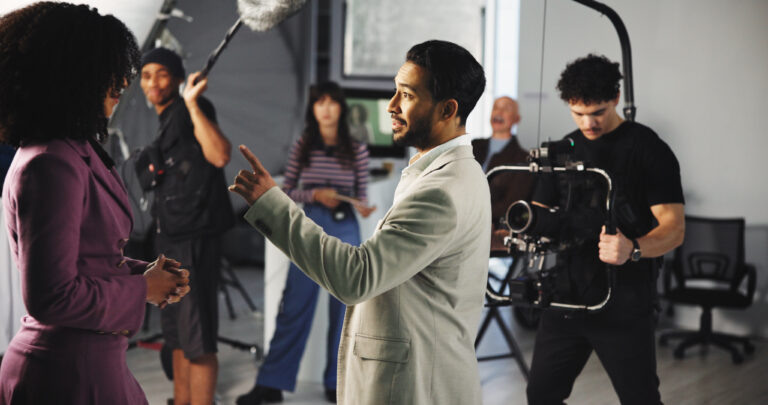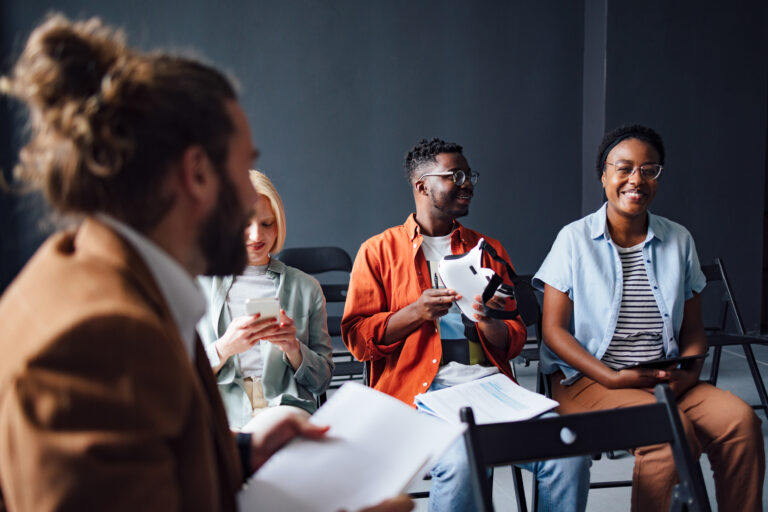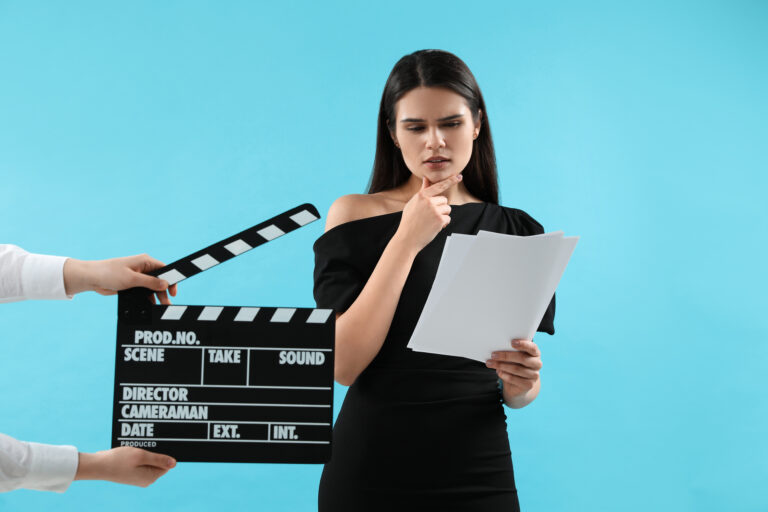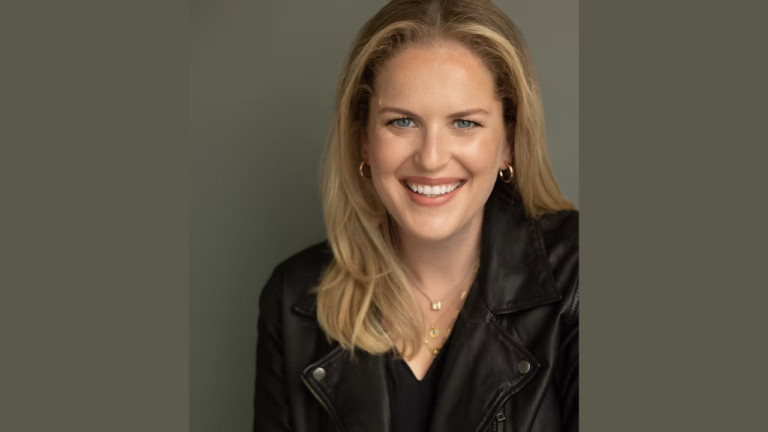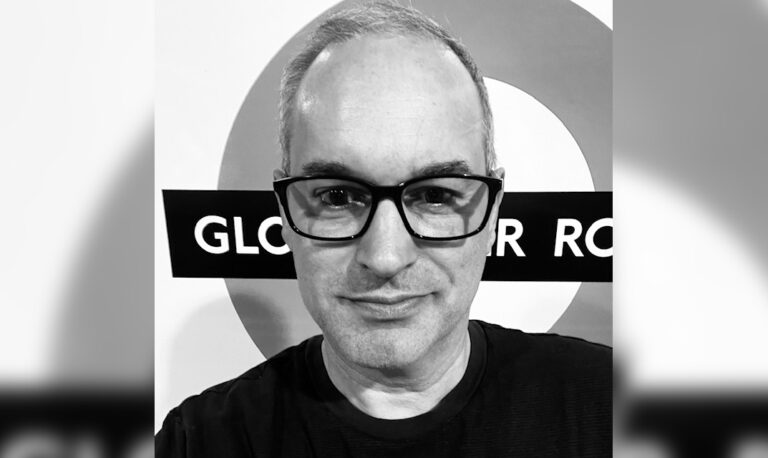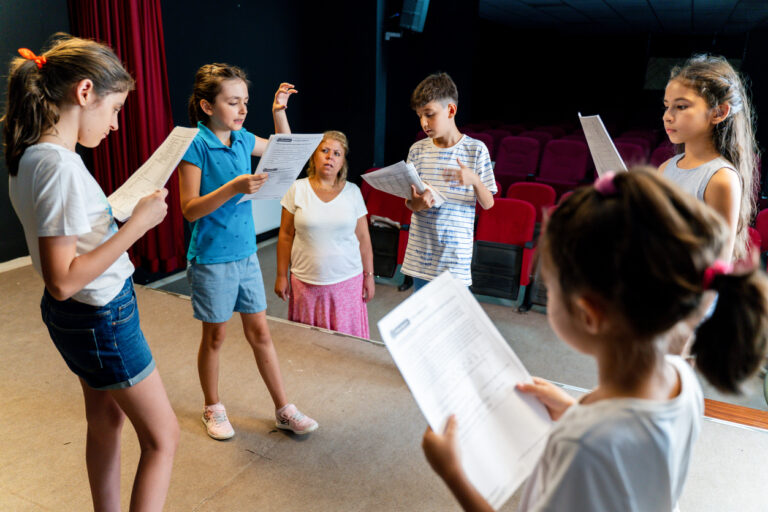Danielle Pretsfelder Demchick is one of those rare casting directors who knew exactly what she wanted to be doing at a young age. Her first experience with it had her hooked, and over the last two-plus decades, she’s only become more and more enamored with the craft.
Fourteen years spent with Nickelodeon means she had a hand in a lot of the shows your kids were watching, and over the last three years, being on her own, she continues to work in children’s programming while also branching out into commercials and more adult fare.
Some of Demchick’s most important work is as the co-vice president of advocacy for the Casting Society (CSA). In that role, she has worked to elevate underrepresented communities on both sides of the camera. She has a genuine passion for working on behalf of disability inclusion, and while she continues to raise awareness for it within the industry, she’s also pursuing her Master’s degree in disability studies at the City University of New York. She spoke to us from her home office in Hoboken, NJ.
Insights: Lessons from Danielle Pretsfelder Demchick, CSA
- Start networking early in your career by building relationships with casting directors and industry insiders to open up opportunities.
- Actively support and advocate for diversity and inclusion in casting to help create a more representative industry for all.
- Pursue ongoing education and training to deepen your understanding of the acting craft and the business side of the industry.
How did you get into casting in the first place?
I was a kid actor, so I’ve been in this business for almost 33 years, but pretty much after about six weeks of auditioning, I knew I wanted to be on the other side. I either wanted to be an agent or a casting director, but I loved auditions.
[Back then,] Your sides came through the fax machine, and I would hold on to all of my curly-papered sides. I loved looking at the sign-in sheet, seeing who else signed in, and then guessing who was going to book it. I had a family friend whose college roommate was a casting director, Cathy Sandrich Gelfond. She let me come work in her office for a day when I was 18, and I said, “Yep, this is it. This is what I want to do.” She told me, “You’re really good at this — you know every actor, you have a good memory.” She had me reading with people in the room.
Sounds like a busy day.
(Laughs) It was a very busy day. She was in LA, and I wanted to be in New York, because I was an East Coast person, and grew up here. She connected me with her business partner, the late Amanda Mackey, who was amazing, and I went and worked for her. Her associate at the time, Sig De Miguel, took me under his wing, and he was also super supportive. He told me I needed to transfer from Penn State so I could be working full-time. I’ve been in casting ever since and just can’t imagine doing anything else. I love it so much.
You know, it’s interesting. Normally, casting directors have some random way they’ve fallen into the trade, but for you, it was love at first sight.
It’s a blessing and a curse, because I knew what I wanted to do, and I’m a very stubborn person. I had this path, and there was nothing else you could tell me that I was going to do. I had a vision, I had an idea, and I went for it.
I think there’s a lack of education, which is why so many people say, “I fell into casting,” but I do a lot of work to try to change that. Being a part of the Casting Society’s training program, [I do] panels and events to teach people what casting is and what the career is, [and what] the pros and cons of diving into something like this would be.
Thinking about joining Casting Networks? Sign up for a free trial today!
I’m curious about the journey. You had direction, but how did you end up where you are now?
I worked for Sig and his partner Stephen Vincent as a casting assistant. They gave me a lot of responsibility, and very quickly, I got promoted to associate, but I wanted to try the agency side. Ken Lee was their agent at the time, and he was at Innovative Artists, so I went and worked there for a little bit because I wanted to try that. Then I went back to casting and worked with Sig and Steve. When the SAG strike was coming up in 2008, I was worried that we wouldn’t have work, so I took a quick side step to work at Nickelodeon. I was there for over 14 years.
That sidestep wasn’t so quick, I guess.
(Laughs) Yeah, I was there from 2008 to 2022, and almost exactly three years ago, I left to open my own casting office. I love having a stable job and a paycheck, and some of the stuff that people love about being freelance was not things I was chasing at that point, but it just made sense.
I was the in-house casting director there, but I also did executive work, but it was more of the latter and I didn’t want to just be an executive, I wanted to do more active casting. Also, I was being offered certain opportunities I couldn’t take advantage of there, and my boss said, “Why are you doing this? These are great opportunities for you. Why don’t you just open your own office? We’ll send all of your projects that you’re casting with you.” So it was a cushy situation, leaving with ample work.
I was going to say, it’s not the typical freelance gig where you go off and have to hustle up work. You walked out with a lot of stuff in your pocket.
There’s been a lot of changes, but I still work with them all the time. I always have stuff going on. I have clients, people that I used to work with at Nickelodeon that are now at Disney or PBS, or producing their content, or even producing commercials that I’m casting — things that are very different than Nickelodeon. I have a wine commercial shooting next week that is all based on Nickelodeon contacts. So it’s worked out well.
This seems like a good segue to talk about your advocacy. What was it that attracted you to this particular work, and why is it so important to you?
I grew up around a lot of disability, and I had Ethiopian Jews who were good friends of ours, so I grew up around a lot of diversity. I have a cousin of trans experience and we had a lot of same-sex couple friends. One of my mom’s best friends was deaf.
I didn’t realize that my childhood was different. You would have a wheelchair user at your birthday party or have to know some sign language to communicate with your friend’s mom. I just grew up around that, and when I started casting, even as an assistant, I would ask about it. When I had a little bit more autonomy, if I was casting my birthday party, and the real world is supposed to be what we’re reflecting here, I would have a wheelchair user there because that was my life.
What spurred the urgency to do this work?
I started to see that there was this huge gap in representation, training, access and understanding of what and where you would cast somebody with a disability. Which is everywhere, of course, because people with disabilities do everything. They might do it differently, but there isn’t anything that people with disabilities do that other people don’t. Intersectionality is something else that’s important to me, no one is one identity.
I decided, as a casting director, I wanted to have the expertise when I was saying to somebody that we need to be looking at people of all abilities for this role. These are the access needs that they would have, and these would be the modifications that would be made.
Having that research mindset, and also having the disability studies history, all of that to bring contextually when brought on a project. To be able to speak their language when I’m doing that. Having that degree gives you a little bit more leverage when you’re speaking to people who maybe don’t want to listen.
It’s an area of expertise that most people don’t have.
Exactly. It’s really important. For me, I want that to be what I’m watching, and that’s what I want my kids to watch. That’s what I want the world to get to see.
I’m hoping what I’m doing is going to change the trajectory of our industry, and also have more people of all identities in casting and our business in general. My associate is one of the only people in casting who publicly identifies as disabled. There are a few other professionals who are disabled and have disclosed to me that is something that they identify as, but they don’t want that to be public.
Actors with disabilities shouldn’t have to only play disabled roles. So many of us get typecast in whatever it is that we do in this career.
One of the things you do with CSA is raise awareness. What are some of the ways you’re doing that?
Russell Boast was the president [of CSA] when I joined the board. He has a very inclusion-centric brain as well, so he started these events for underrepresented communities. As he was done with his CSA tenure, he handed it over to me.
It starts with a town hall so that we can all talk — casting directors, actors, agents, managers, anybody — in this space that’s working with whatever the respective community is, and talking about the specifics of issues regarding this community, stereotypes that they’re seeing, places that they’re not being included, then going on to do a training event for the actors. We then do an open call where all the actors from that community can come.
How does that then manifest in execution?
We’d hear from casting directors, “Oh, I’d love to cast somebody of trans experience, but I don’t know any actors in Chicago.” Or, “I’m casting Middle Eastern actors in roles other than terrorists.”
Why aren’t we seeing a beautiful girl next door who happens to be Middle Eastern? SAG should be doing more of those sorts of events for their actors, but my focus now is training casting directors about the ethics involved when you’re working with certain communities.
What you need when you are casting actors with disabilities, introducing casting directors to what an access coordinator does, when they would come on, how they’d work with us, and so on. The focus at this point is training casting directors on how to cast properly, inclusively, and also just knowing that there are resources that exist to help.
What kind of feedback have you been getting from this work?
Mostly positive, but working with youth in the trans community, I’ve had death threats. I had a really scary situation almost three years ago where I had 17 death threats, and I had to have the NYPD and the FBI get involved because it was over state lines. It was crazy. I’ve had some great responses, and then I’ve had some things that are so scary. There’s been pros and cons to the work.
I imagine they’re not going to get you to stop.
No, not at all. It’s more important to me than ever that there are advocates out there and that we’re casting people from all of these communities for all roles, not only for roles that are written as such. Because that’s not true inclusion.
You may also like:
